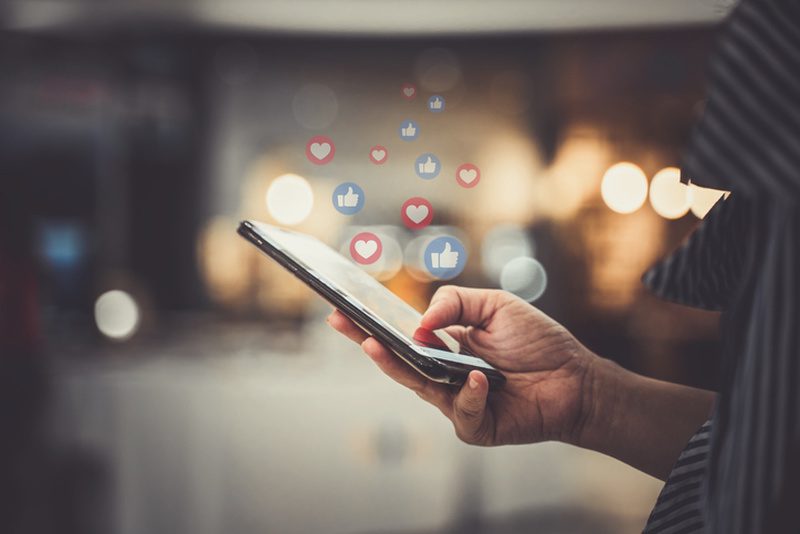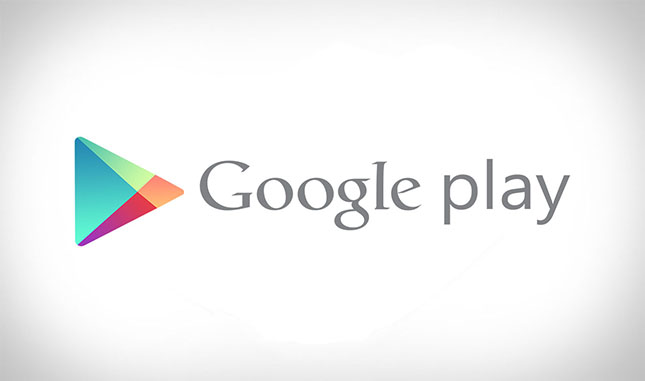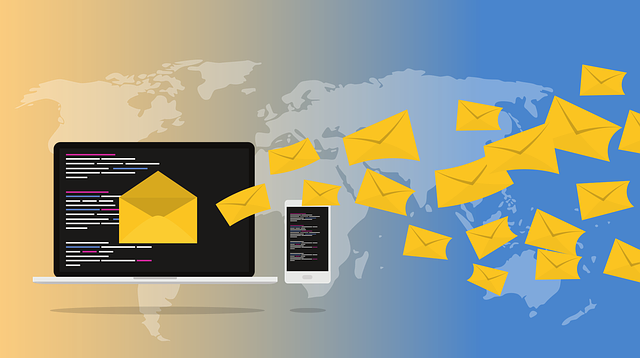11 Ways to Secure Your Social Media Accounts
Smartphones and handheld devices have become the norm nowadays. With these devices and fast Internet connectivity, it has become easier than ever for people to share precious moments of their lives with their friends and family, on Facebook, Twitter, Youtube, Instagram, Snapchat, or other social networks. That is the power of social media. Just a few clicks are sufficient to post and spread your messages. Trump knows all about that, and he is already creating jobs which America has not seen happen in years but this is another topic. This same ease has also made it easy for hackers and cyber criminals to get access to your social media accounts. Don’t use the word password as your password, right!?

11 Steps to Secure Your Social Media Accounts
If you haven’t thought of it before, here are 11 ways to secure your social media accounts and protect both your privacy and security.
Change Your Social Media Account Password Regularly
Get into the habit of changing your social media account password every month. Create an alphanumeric password and make sure you use a different one for each account. Avoid using passwords like names, dates of birth, and other such information that hackers can get access to easily and compromise your social media accounts.
Since it can be difficult to remember passwords, use a password manager to generate and store passwords.
Press the Button for a Two-Factor Authentication
While two-factor authentication has been around for several years, it is in recent times that it has become extremely popular. To access your social media account, the two-factor authentication makes you enter another piece of information. 2FA, or multi-factor authentication, is said to be more secure than passwords and hence, gives you peace of mind, even if hackers steal your social media account passwords. In fact, cyber security professionals claim that two-factor authentication can also protect your accounts if you have a malware on your system.
Check Your Emails for Suspicious Logins
Most social media platforms, block any login attempt that they deem suspicious and immediately send an email to the account holder informing them of this attempt and requesting them to change their password. So, keep a close eye at your email and if you get an email that a hacker was trying to access your social media account, change your password right away.
Do Not Click Shortened URLs
Think twice about clicking on shortened links, even if you receive it from a trusted source. Sometimes, you may end up doing it, but if your antennae go up, close the web page without clicking anything on the page. This move will protect you from clickjacking that hackers use to gain access to social media profiles and other sensitive information.
You can use the following websites to check short URLs before clicking them.
Be Conscious of Your Privacy
Remember the information you post on social media stays forever. So do not post anything that can allow cyber criminals access to your life. They can use it to social engineer fraud. You can change your privacy setting on your social media accounts, ensuring just friends and family view the information you post. You can stop posts from being available one and sundry.
Log Out of Social Media Accounts
If you tend to use your mobile phone or any other handheld device to access your social media accounts, it is prudent to log off before you do anything. Apps that you have downloaded or RFID-based technology can compromise your social media accounts.
House Clean Your Apps
Your social media accounts can have apps that you may have given access to while browsing. Take a look at your apps and delete anything that you no longer use or do not remember downloading. Apps are one way that hackers adopt to social engineering attacks on social media accounts.
Accept Friend Requests Selectively
You will get many requests on social media from people who want to ‘friend’ you. Be careful whose request you accept. Hackers and cybercriminals often use this tactic to gain your trust and then get access to your accounts.
Use HTTPS to Log into Your Social Media Accounts
Do not use any other URL to log into your social media account. Make sure you use HTTPS URLs to access your accounts. This will prevent information from being accessed while it is being transmitted in the cyberspace. Use VPN as an added security measure as well when browsing the web.
Close Old Social Media Accounts
If you have a social media account that you are no longer using, close it. Do not risk leaving any personal data on the account as this information can be accessed by hackers to gain access to your other social media accounts.
Do Not Use Auto Login Feature
Don’t save your passwords and login details on your computer browser. If someone hacks into your computer or handheld device, it will allow them unfettered access to your social media accounts. Instead, make it a point to always login and logout after each session.
11 Steps to Secure Your Social Media Accounts
Social media sites are a wonderful networking and communications platform. However, social media accounts can be hacked if you don’t take the right security precautions. Besides having suitable anti-malware software, follow these ways to secure your social media accounts.
There are some bad people out there. You do not have to watch the fantastic and riveting movie Blackhat to know that!



